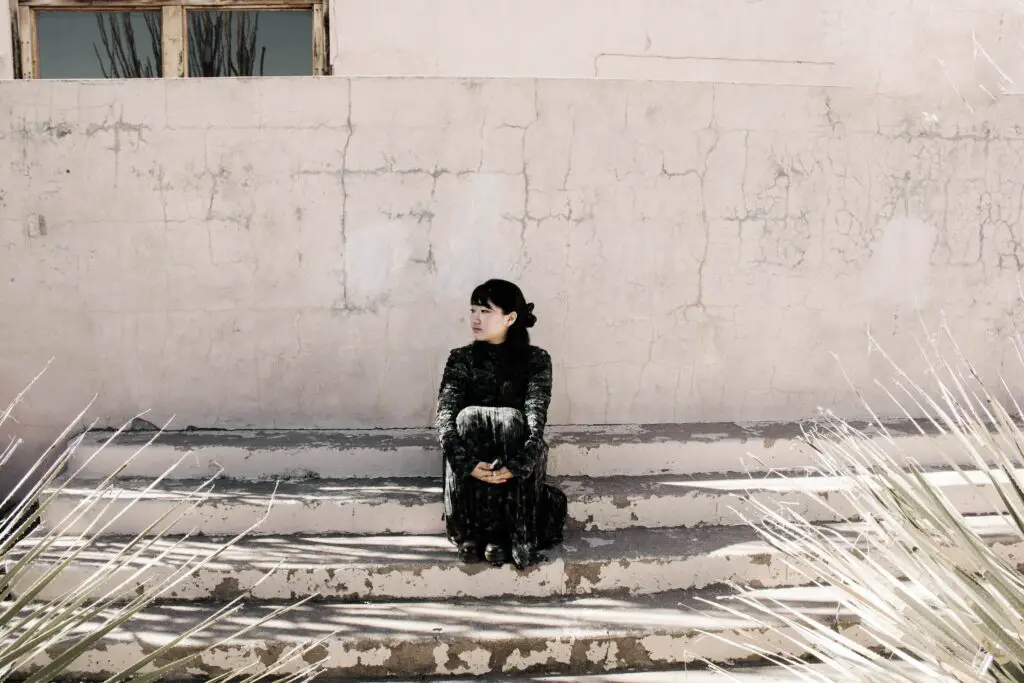Depression is a serious mental illness that can have a devastating impact on people's lives. According to the National Institute of Mental Health, major depressive disorder (MDD) is “a mood disorder that causes a persistent feeling of sadness and loss of interest.” If you or someone you know is struggling with major depressive order, it is important to get help. In this blog post, we will discuss the signs and symptoms of MDD, as well as how to get help.

What is major depression?
Major depression, also called clinical depression, is a mental health disorder characterized by persistent sadness and loss of interest in activities that you normally enjoy. Major depressive disorder (MDD) affects how you think, feel, and behave, and it can lead to a variety of physical and emotional problems. You may have trouble sleeping or eating, lose interest in hobbies or activities that you once enjoyed, and feel exhausted most of the time.
Depression can also cause you to have negative thoughts about yourself, feel hopeless or helpless, and withdraw from friends and family. If you are experiencing these symptoms on a regular basis for two weeks or longer, you may be suffering from major depression. Seek professional help if you think you may be depressed.
Is depression among mental disorders?
Depression is one of the most common mental disorders. It's a clinical condition that negatively affects how you feel, think, and behave. Depression can lead to a variety of emotional and physical problems. You may have trouble functioning at work and home. Clinical depression is more than just feeling blue or having an “off” day.
The symptoms of major depressive disorder are persistent and can last for weeks, months, or even longer. Depression is a real medical condition that affects your mind and body. It's not something you can just snap out of. If you're experiencing symptoms of major depression, it's important to reach out for help from a mental health professional. With treatment, you can feel better and regain your enjoyment of life.
Do I need it to be severe/major depression to go to my doctor?
It's common to feel down from time to time, but if you're feeling persistently sad or hopeless for more than a couple of weeks, you may be suffering from major depressive disorder (MDD). MDD is a serious mental illness that can have a profound impact on your ability to function in day-to-day life. While it's normal to experience occasional periods of sadness, major depression is characterized by symptoms that are much more severe and long-lasting.
If you're struggling with major depression, going to see your doctor is an important first step in getting the help you need. During your visit, your doctor will likely ask you about your symptoms and how they've been affecting your life. They may also recommend some lifestyle changes or order tests to rule out other conditions. If they believe you are suffering from major depression, they may prescribe medication or refer you to a mental health specialist.
Regardless of the severity of your symptoms, it's important to seek help if you're struggling with depression. Left untreated, major depression can lead to serious complications like substance abuse, relationship problems, and even suicide. If you think you may be depressed, don't hesitate to reach out for help.
Do I need to be treated for my depression symptoms?
Many times, we may not realize how our major depressive disorder is affecting our lives until we get evaluated. Treating depression is something that your doctor is well equipped to do. There are medicines that can help with severe depression, anxiety disorders, bipolar disorder, and more. Your major depressive episode can be controlled with antidepressant medications like Selective Serotonin Reuptake Inhibitors (SSRIs) which work to keep more happy chemicals (serotonin) in your brain.